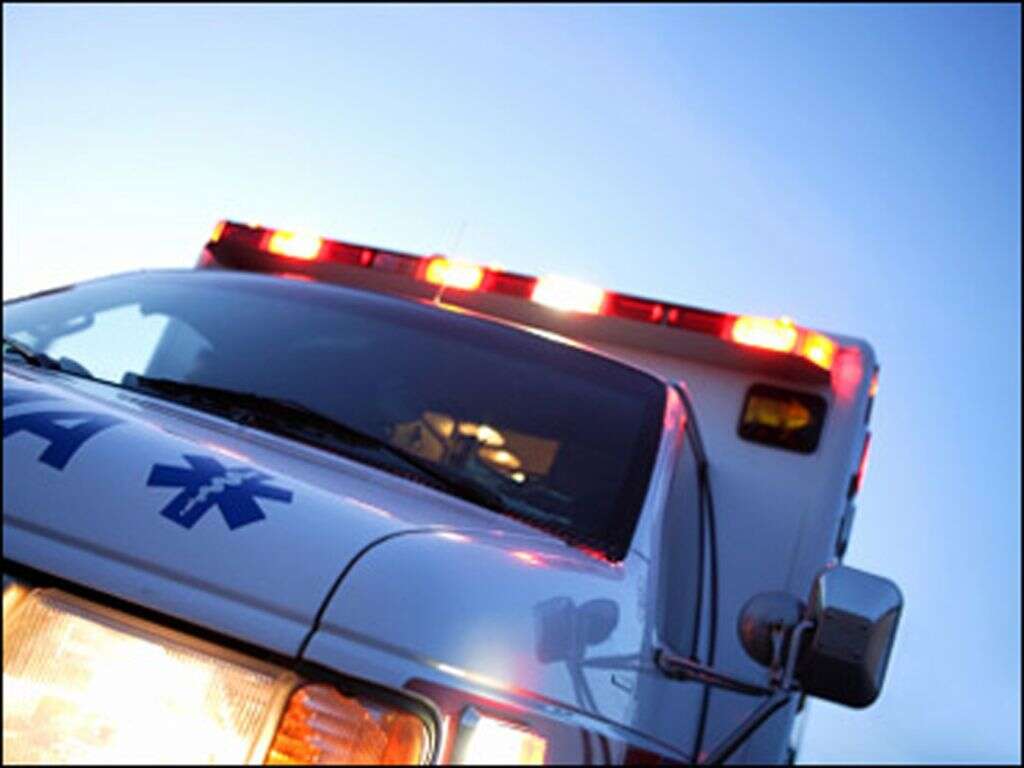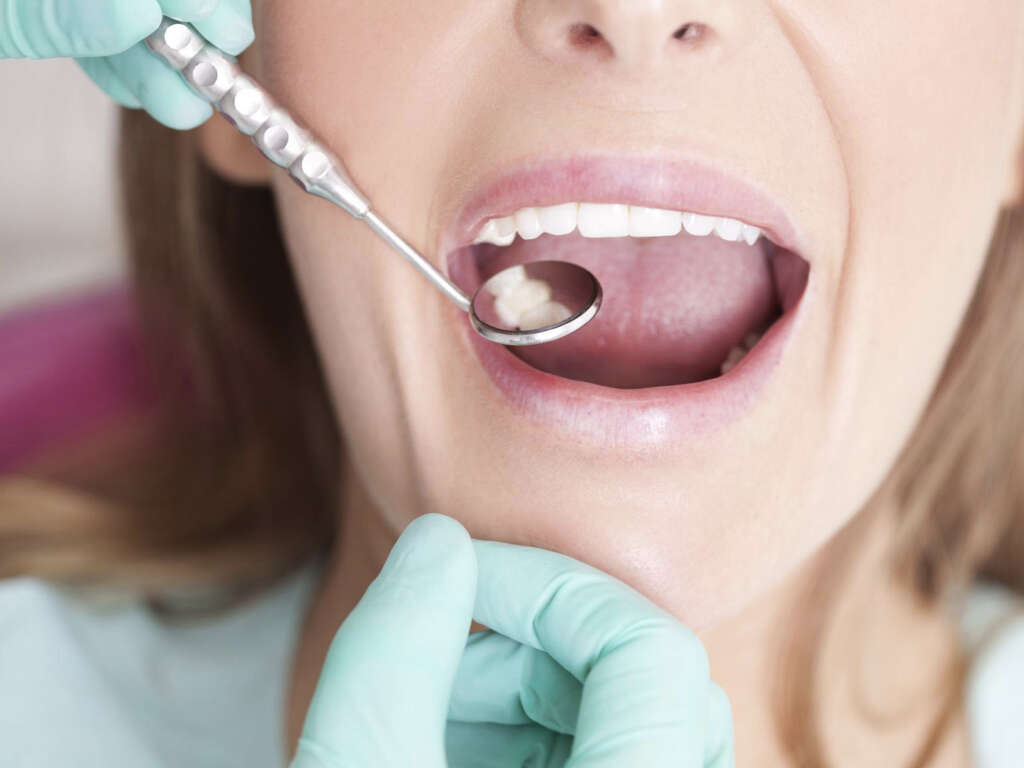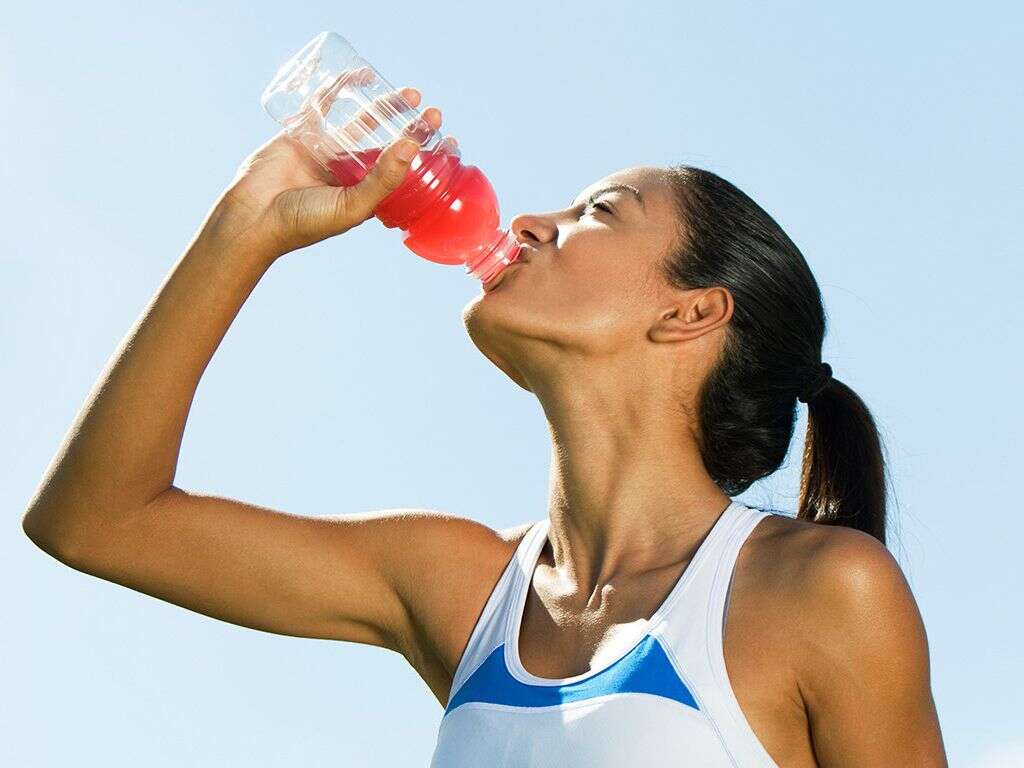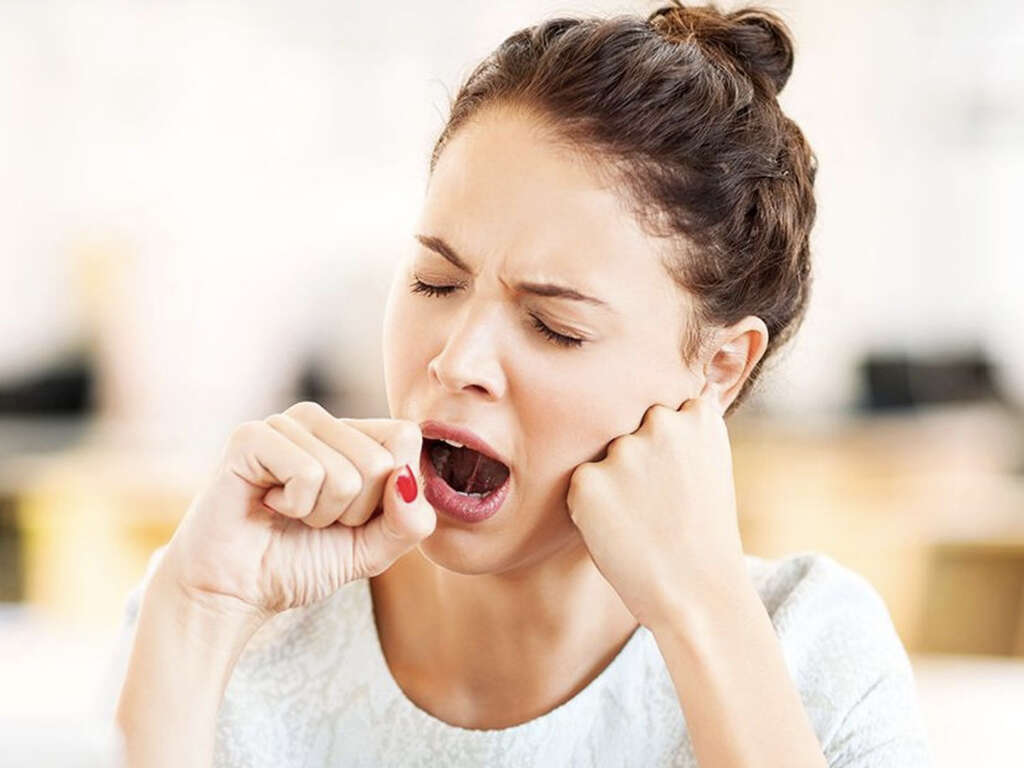Excessive Thirst: Why Am I So Thirsty?
 Article Sources
Article Sources
- 1. Gilmerm. '3 Reasons Why You May Be Feeling Really Thirsty.' Health Essentials from Cleveland Clinic, Health Essentials from Cleveland Clinic, 5 Oct. 2020, health.clevelandclinic.org/reasons-why-you-may-be-feeling-really-thirsty/
- 2. 'Diabetes Insipidus.' National Institute of Diabetes and Digestive and Kidney Diseases, U.S. Department of Health and Human Services, www.niddk.nih.gov/health-information/kidney-disease/diabetes-insipidus
- 3. Gill, Melissa, and MacDara McCauley. 'Psychogenic Polydipsia: the Result, or Cause of, Deteriorating Psychotic Symptoms? A Case Report of the Consequences of Water Intoxication.' Case Reports in Psychiatry, Hindawi Publishing Corporation, 2015, www.ncbi.nlm.nih.gov/pmc/articles/PMC4320790/
- 4. StatPearls. 'Primary Polydipsia.' StatPearls, StatPearls Publishing, 25 Aug. 2020, www.statpearls.com/articlelibrary/viewarticle/27735/
- 5. 'Xerostomia (Dry Mouth),' www.ada.org/en/member-center/oral-health-topics/xerostomia
- 6. 'Frequent Urination.' JDRF, www.jdrf.org/t1d-resources/about/symptoms/frequent-urination/
- 7. Miller, Jeffery L. 'Iron Deficiency Anemia: a Common and Curable Disease.' Cold Spring Harbor Perspectives in Medicine, Cold Spring Harbor Laboratory Press, 1 July 2013, [www.ncbi.nlm.nih.gov/pmc/articles/PMC3685880/.](http://www.ncbi.nlm.nih.gov/pmc/articles/PMC3685880/.)
- 8. Inenaga, Kiyotoshi, et al. 'Thirst Sensation and Oral Dryness Following Alcohol Intake.' Japanese Dental Science Review, Elsevier, 27 Feb. 2017, www.sciencedirect.com/science/article/pii/S1882761616300631
Feeling thirsty is normal and healthy. It indicates the body's need for water. Excessive thirst, referred to as polydipsia, is an exaggerated thirst sensation that may last for days, weeks or months. Drinking water may resolve excessive thirst in some cases. However, some types of polydipsia remain unchanged no matter how much water is consumed.4StatPearls. ‘Primary Polydipsia.’ StatPearls, StatPearls Publishing, 25 Aug. 2020, www.statpearls.com/articlelibrary/viewarticle/27735/
Primary polydipsia refers to excessive thirst and water consumption without any physical need for it. Excessive thirst when the body actually needs more water is called secondary polydipsia. Increased urine output and frequency may be a partial cause or symptom of excessive thirst.3Gill, Melissa, and MacDara McCauley. ‘Psychogenic Polydipsia: the Result, or Cause of, Deteriorating Psychotic Symptoms? A Case Report of the Consequences of Water Intoxication.’ Case Reports in Psychiatry, Hindawi Publishing Corporation, 2015, www.ncbi.nlm.nih.gov/pmc/articles/PMC4320790/
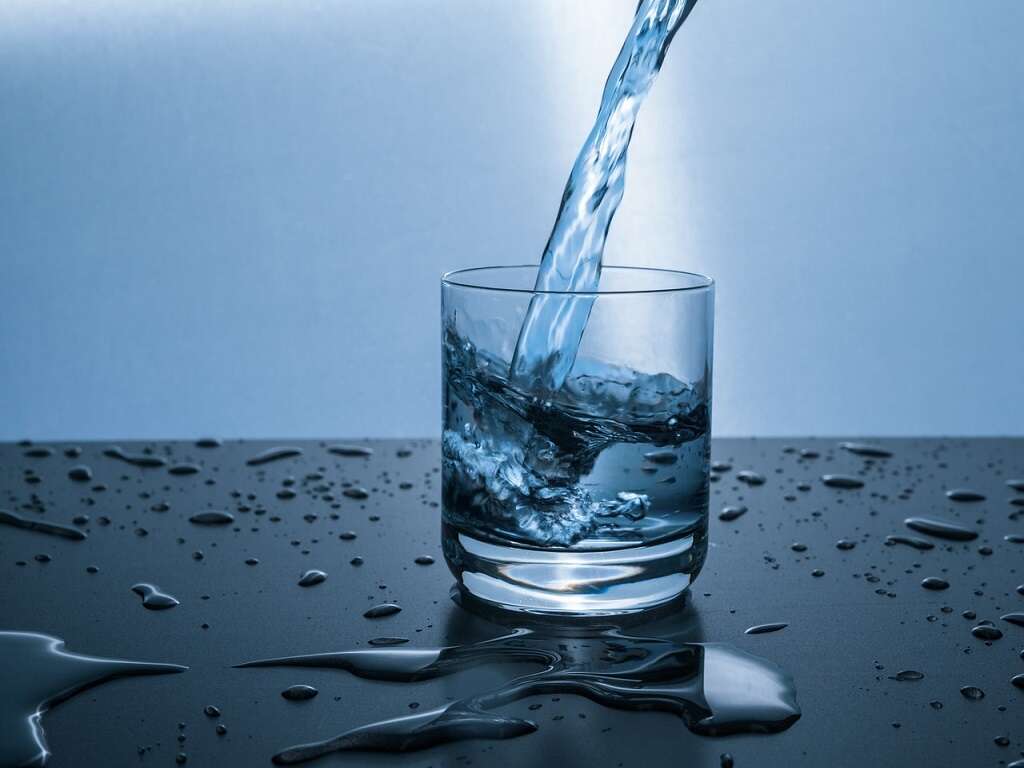
Dehydration
Dehydration may cause excessive thirst when the body doesn't have enough fluids for essential processes. In addition to thirst, symptoms of dehydration may include dark-colored urine, headaches, dry mouth and skin, fatigue, dizziness or a low urine output.1Gilmerm. ‘3 Reasons Why You May Be Feeling Really Thirsty.’ Health Essentials from Cleveland Clinic, Health Essentials from Cleveland Clinic, 5 Oct. 2020, health.clevelandclinic.org/reasons-why-you-may-be-feeling-really-thirsty/
Sometimes unintentional fluid restrictions may occur when a person is busy with work or other engaging activities. Excessive thirst and dehydration may be resolved by drinking water if a person simply forgot to drink anything all day. Heavy sweating can result in a surprisingly large amount of lost fluid. Hot and humid weather, strenuous exercise and fevers may increase fluid loss through sweating.3Gill, Melissa, and MacDara McCauley. ‘Psychogenic Polydipsia: the Result, or Cause of, Deteriorating Psychotic Symptoms? A Case Report of the Consequences of Water Intoxication.’ Case Reports in Psychiatry, Hindawi Publishing Corporation, 2015, www.ncbi.nlm.nih.gov/pmc/articles/PMC4320790/

Dry Mouth
A common condition associated with excessive thirst is xerostomia, or dry mouth, caused by reduced saliva production. Symptoms can range from mild irritation to serious oral diseases. Insufficient saliva may interfere with taste and make chewing and swallowing food difficult.
Dry mouth may also cause discomfort while speaking. Drinking water is a natural reaction to excessive thirst and dry mouth, but water may only provide temporary relief. Saliva substitutes or sugar-free gum may help alleviate discomfort until the underlying cause of xerostomia is identified.5‘Xerostomia (Dry Mouth),’ www.ada.org/en/member-center/oral-health-topics/xerostomia

Illness
Infectious and noninfectious illnesses may be accompanied by diarrhea, vomiting or fever. Any of these symptoms can cause dehydration and excessive thirst on their own, but multiple symptoms occurring at the same time may lead to severe dehydration.1Gilmerm. ‘3 Reasons Why You May Be Feeling Really Thirsty.’ Health Essentials from Cleveland Clinic, Health Essentials from Cleveland Clinic, 5 Oct. 2020, health.clevelandclinic.org/reasons-why-you-may-be-feeling-really-thirsty/
Fevers can cause heavy sweating that lasts for hours or days. Vomiting prevents oral fluids from being absorbed, and large amounts of fluid may be lost through diarrhea. Persistent excessive thirst during an illness may indicate severe dehydration that requires IV fluids.4StatPearls. ‘Primary Polydipsia.’ StatPearls, StatPearls Publishing, 25 Aug. 2020, www.statpearls.com/articlelibrary/viewarticle/27735/
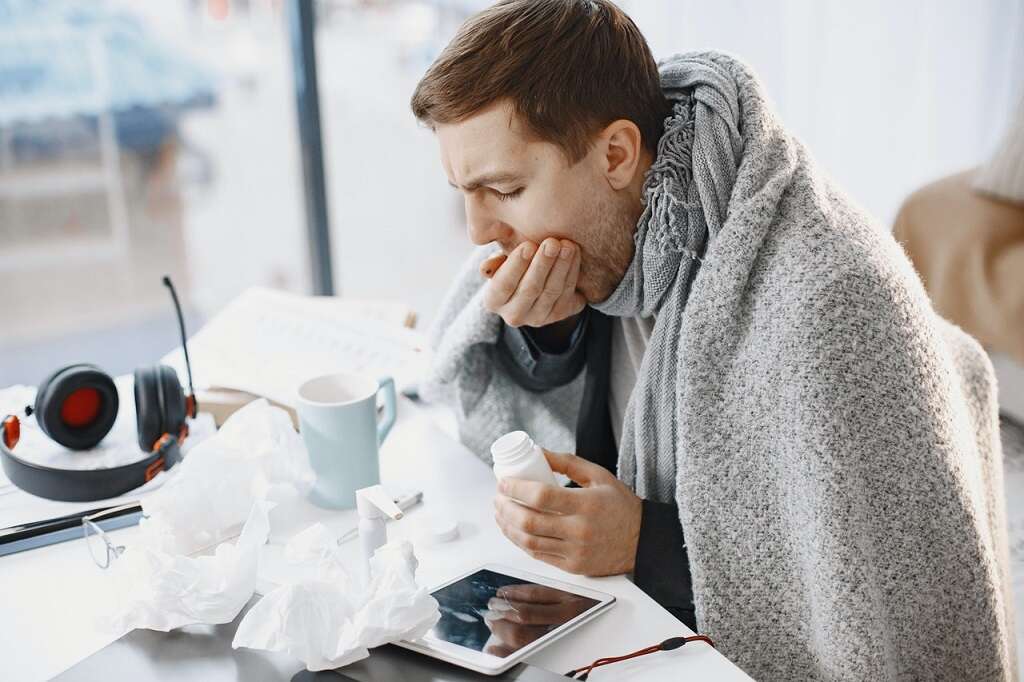
Alcohol and Excessive Thirst
Excessive thirst commonly occurs after drinking. Alcohol may cause frequent urination, but this only happens immediately after drinking. It doesn't last until the next day.
A substance called acetaldehyde forms when alcohol is digested. This substance is mildly toxic and contributes to the nausea, vomiting and headaches that are commonly referred to as a hangover. Although the process isn't entirely understood yet, researchers believe acetaldehyde may also affect the part of the brain responsible for controlling thirst.8Inenaga, Kiyotoshi, et al. ‘Thirst Sensation and Oral Dryness Following Alcohol Intake.’ Japanese Dental Science Review, Elsevier, 27 Feb. 2017, www.sciencedirect.com/science/article/pii/S1882761616300631

Kidney Disease
A rare condition called diabetes insipidus occurs when the kidneys don't function properly. The name of the disorder refers to insipid urine, which is very diluted and odorless compared to normal urine.
Healthy kidneys create one to two quarts of urine per day, but kidneys affected by diabetes insipidus create large amounts of urine ranging from three to 20 quarts each day. This results in dehydration and excessive thirst, but drinking more water won't help. The disorder can be managed with medical care.2‘Diabetes Insipidus.’ National Institute of Diabetes and Digestive and Kidney Diseases, U.S. Department of Health and Human Services, www.niddk.nih.gov/health-information/kidney-disease/diabetes-insipidus

Psychological Factors
Psychogenic polydipsia refers to excessive thirst and compulsive water drinking associated with some mental health disorders. The condition starts with increased volumes of urine due to drinking too much water.
The second phase occurs when people drink so much fluid their kidneys can't keep up. A third phase is called water intoxication. It may cause symptoms such as nausea, vomiting, muscle weakness, seizures, irritability and tremors. These symptoms may occur when too much fluid dilutes salt and other essential electrolytes in the blood.2‘Diabetes Insipidus.’ National Institute of Diabetes and Digestive and Kidney Diseases, U.S. Department of Health and Human Services, www.niddk.nih.gov/health-information/kidney-disease/diabetes-insipidus
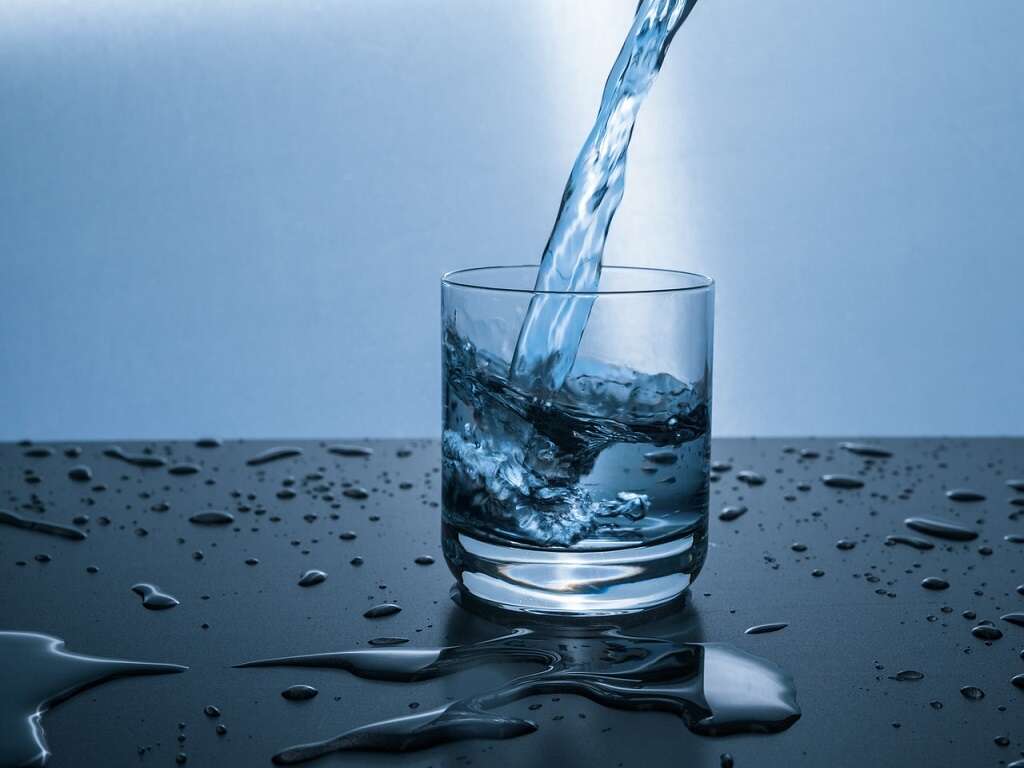
Habitual Thirst
Receptors in the hypothalamic region of the brain control thirst. Anything that damages this part of the brain, such as traumatic injuries, illness or cardiovascular disease, may cause excessive thirst.
Habitual water drinking is also associated with a health-conscious, physically active lifestyle and water detoxification. Social conditioning can also motivate compulsory water drinking in certain circumstances. This cycle may potentially lead to excessive thirst, even when the body doesn't need any more fluids.4StatPearls. ‘Primary Polydipsia.’ StatPearls, StatPearls Publishing, 25 Aug. 2020, www.statpearls.com/articlelibrary/viewarticle/27735/

Type 1 Diabetes
Excessive thirst and frequent urination may be signs of undiagnosed type 1 diabetes. Kidneys usually reabsorb sugar and put it back into the bloodstream. Frequent urination may occur when too much sugar builds up in the blood.
The kidneys pull more and more water to deal with large amounts of sugar. This process may result in dehydration, and the body reacts with excessive thirst. It's important to see a doctor for unexplained thirst and increased urinary output to identify or rule out diabetes.6‘Frequent Urination.’ JDRF, www.jdrf.org/t1d-resources/about/symptoms/frequent-urination/
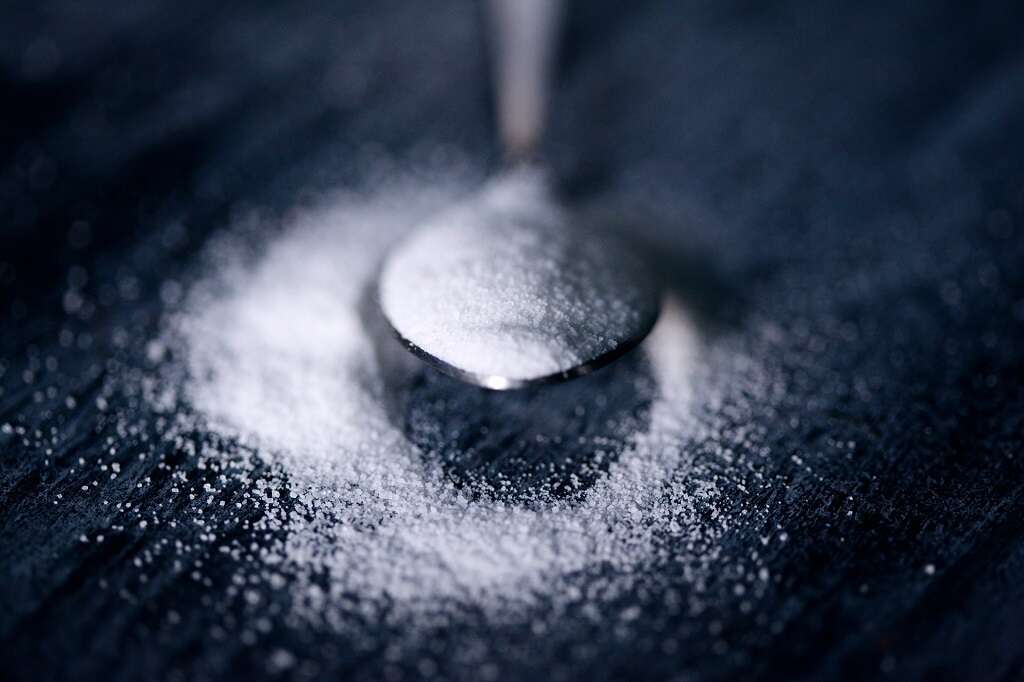
Medications
Various medications can cause excessive thirst as a side effect. Medications that may cause dry mouth include antipsychotics, antidepressants, anticholinergics, anticonvulsants, alpha agonists and anticholinergics.
Diabetes medications called SGLT2 inhibitors reduce blood glucose levels by increasing the amount of sugar removed from the body through urine. Increased blood sugar is also a potential side effect of steroids. These medications may cause excessive thirst in the same way as uncontrolled diabetes.1Gilmerm. ‘3 Reasons Why You May Be Feeling Really Thirsty.’ Health Essentials from Cleveland Clinic, Health Essentials from Cleveland Clinic, 5 Oct. 2020, health.clevelandclinic.org/reasons-why-you-may-be-feeling-really-thirsty/
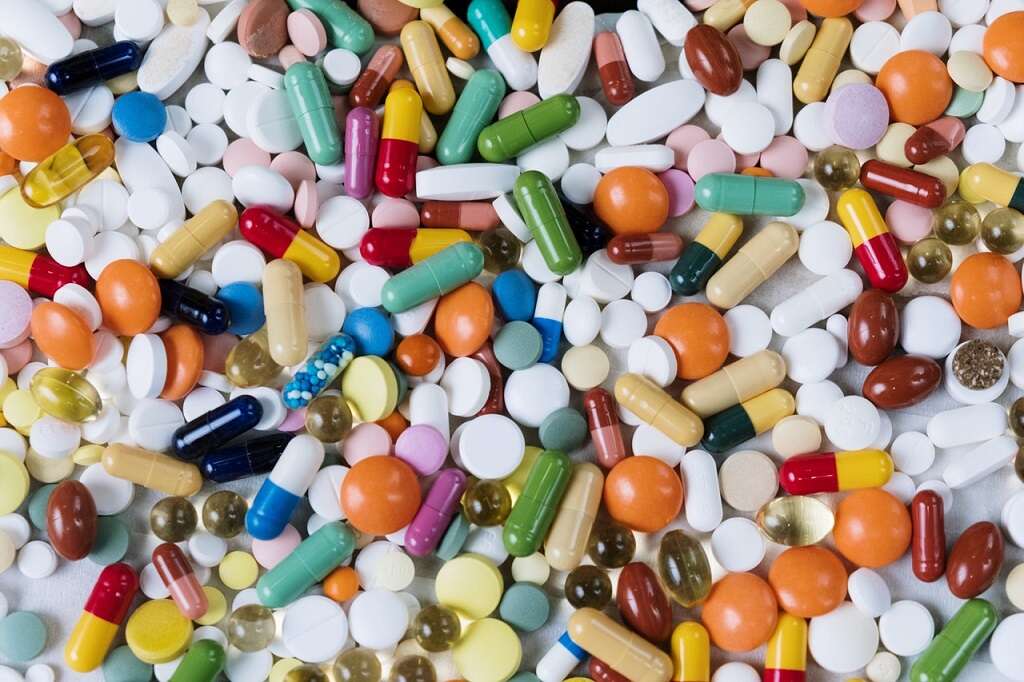
Anemia
Anemia is a blood disorder characterized by low numbers of red blood cells, which carry oxygen to organs and tissues. Mild anemia may not cause symptoms, but as the disorder progresses, symptoms may occur and worsen.
Iron deficiency due to lack of RBCs may also cause sores around the mouth and in the throat. A burning sensation on the tongue is a common symptom of severe anemia. Dehydration is also associated with anemia. All of these symptoms may lead to excessive thirst.7Miller, Jeffery L. ‘Iron Deficiency Anemia: a Common and Curable Disease.’ Cold Spring Harbor Perspectives in Medicine, Cold Spring Harbor Laboratory Press, 1 July 2013, www.ncbi.nlm.nih.gov/pmc/articles/PMC3685880/.



